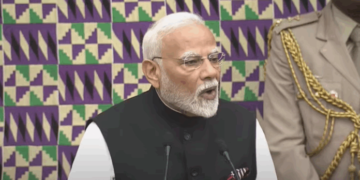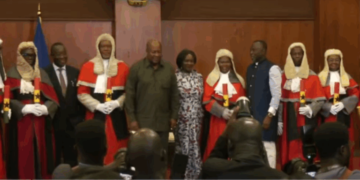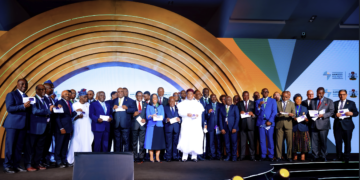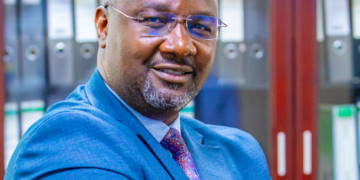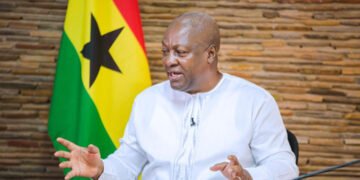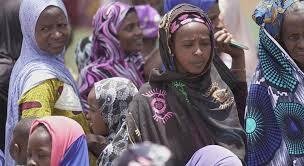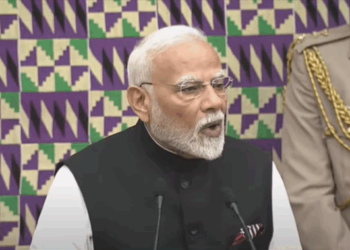United Nations High Commissioner for Refugees (UNHCR) Director of International Protection Elizabeth Tan has appealed for all States to refrain from forcibly returning any individuals originating from the regions in Burkina Faso where there is an ongoing crisis.
Speaking in Geneva, Ms. Tan highlighted “killings, forced disappearances, torture and kidnappings”, while in several instances, civilians had been targeted and killed, resulting in mass civilian casualties.
Spike in needs
Humanitarians have warned about mass internal displacement in Burkina Faso caused by non-state armed groups since 2015, “but it’s in 2022 that we’ve really seen large increase in the number of displaced in the country, and that is due to the increased activities by extremist, violent, violent extremist groups as well as increasing humanitarian needs”, the UNHCR official explained.
Latest UN estimates indicate that 4.7 million people across the country are now in need of humanitarian assistance in the west African nation, which is more than 20 per cent of the country’s entire population.
Violence and conflict have also destroyed critical infrastructure and impacted state services and institutions, including in conflict-affected areas.
The humanitarian situation is especially severe for people living in towns that have been blockaded by violent extremist groups, including large numbers of internally displaced people.
Youngsters targeted
Children have not been spared serious human rights violations, including forced recruitment by armed groups, child labour “as well as other types of violence, abuse, exploitation and gender-based violence”, Ms. Tan told journalists at a scheduled briefing.
The number of school closures has increased from approximately 3,000 in November 2021 to 6,334 schools as of 31 March 2023.
The majority of displaced children are unable to attend classes at all. Early and child marriage is prevalent and forced marriages continue to be reported. Half of all children in Burkina Faso are estimated to be exposed to gender-based violence or mistreatment, with the estimate as high as 82 per cent for girls.
Ongoing violence and displacement have also left many women vulnerable to sexual violence and have restricted services available to survivors.
Border refuge
In addition to the more than two million people internally displaced in Burkina Faso, as of June this year – “making this one of the worst internal displacement crises on the African continent” – the UNHCR official added that 67,000 people from Burkina Faso have sought refuge in neighbouring countries including Mali, Niger, Cote d’Ivoire, Togo, Benin and Ghana.
Fighting is believed to have killed thousands and placed vast numbers at risk of abuse by armed groups, including reportedly being whipped and raped while fleeing their villages.
“The principle of non-refoulement must be respected and upheld. That means that no-one should be forcibly returned to places where their lives, freedom or human rights are at risk. So, UNHCR calls on all countries to allow civilians fleeing Burkina Faso to access their territories.”
Source: UN News


